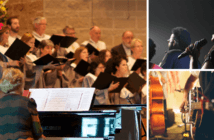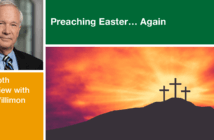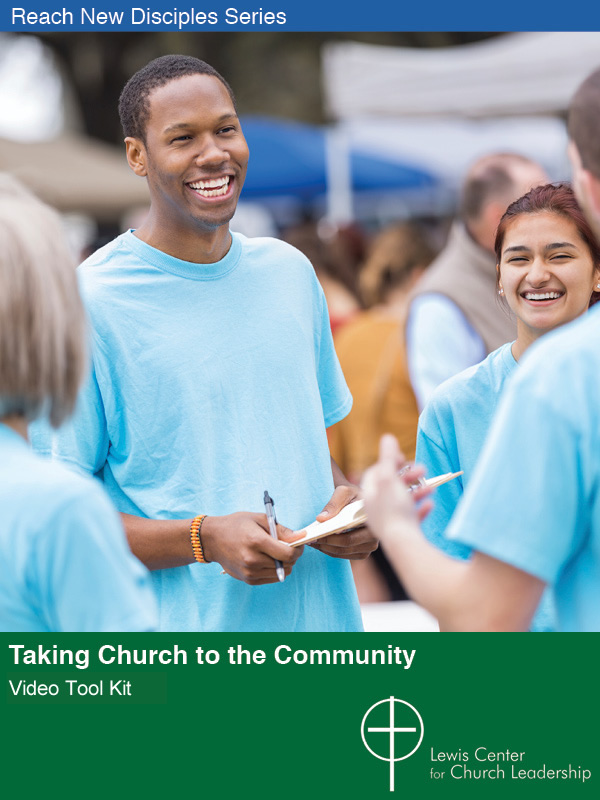Last month, the Lewis Center administered a survey about whether and in what ways churches change worship practices during the summer. While this was not a scientific survey, the responses do give some clues for church leaders. Some initial observations from the first 132 churches responding are:
- Forty-five percent report making changes, with 55 percent not doing so.
- Among those making changes, the most common are changing the time for one or more services (67%), changing Sunday morning church school patterns (67%), and changing the music (53%).
- Less common changes include reducing the number of services (29%), changing the location (19%), changing the pattern of who preaches (9%), and changing service length (9%). Most churches that make summer changes do it for three months or more (57%), followed by two months (33%), and one month (10%).
- The churches responding came from six denominations and 42 United Methodist annual conferences.
- While the survey did not ask for church size, if the United Methodist churches (for which we have data) are representative, then 45 percent of all churches responding were large (350 or more worship attendance), 45 percent were mid-size (126-349 attendance), and 10 percent were small (125 or fewer attendance). Among the large and mid-size churches, about half made changes in the summer, and half did not; whereas 80 percent of the small churches responding did not make summer worship changes.







